
Human Rights Watch urges Bhutan’s New Govt to free ‘political prisoners’
In a letter released on January 29, Elaine Pearson, Asia Director of Human Rights Watch, has called on Bhutan’s newly elected Prime Minister Tshering Tobgay to uphold the economic and social rights of Bhutanese citizens, many of whom are facing challenges in meeting their basic needs. The letter also urges the release of political prisoners and highlights concerns regarding unfair trials, torture, and inhumane conditions faced by inmates.
Prime Minister Tobgay assumed office on January 25, 2024, following the victory of his People’s Democratic Party in the recent elections. The Human Rights Watch has identified at least 36 individuals convicted of political offenses, subjected to unfair trials often relying on coerced confessions under torture. These prisoners, labeled as “rajbandi” (state or royal prisoners), “anti-national,” or “political prisoners,” have endured decades of imprisonment, often serving life sentences without parole.
Elaine Pearson emphasized that these cases date back to a period before Bhutan’s transition to democracy in 2008, urging an end to this painful chapter of history that contradicts the values embraced by the Kingdom of Bhutan today.
Disturbingly, the conditions in which political prisoners are held have deteriorated over the years. Food rations have been reduced, and prisoners are forced to sell a portion of their food to buy essential items like medicine and clothes, which the authorities fail to provide. The prisoners lack proper means to stay warm, including adequate bedding. Allegations of mistreatment resulting in serious health problems have surfaced among inmates at Chemgang Jail.
While some political prisoners have been released in the past by the Royal Government of Bhutan, recent instances indicate a decline in these efforts. The Bhutanese government is urged to align with its global image as a proponent of enlightened values, including compassion and the pursuit of gross national happiness, and adhere to international legal standards by releasing these prisoners.
Prime Minister Tobgay, during his election campaign, acknowledged the economic challenges facing Bhutan, stating that approximately one in eight Bhutanese struggles to meet basic food needs. The government is called upon to address these issues by ensuring access to quality public services, health, and education, as well as implementing social security programs for an adequate standard of living.
Human Rights Watch also emphasizes the importance of carrying out major infrastructure projects, such as the proposed “mindfulness city” at Gelephu, in a manner that upholds the rights of local people. Bhutan’s commitment to global values, including “gross national happiness” and compassion, is expected to be translated into actions that benefit all Bhutanese citizens.
As the international community watches, Human Rights Watch remains hopeful that Prime Minister Tobgay’s government will prioritize the welfare of its people by releasing political prisoners and implementing economic policies that advance the overall well-being of the Bhutanese population.




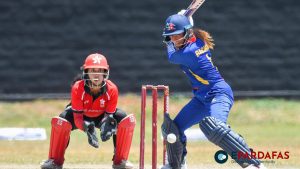
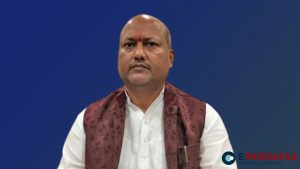
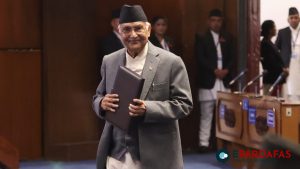
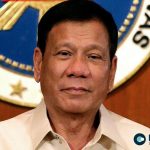

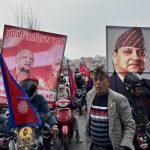
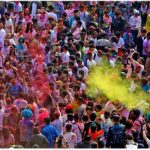

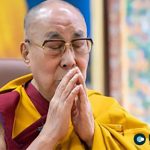
Comments